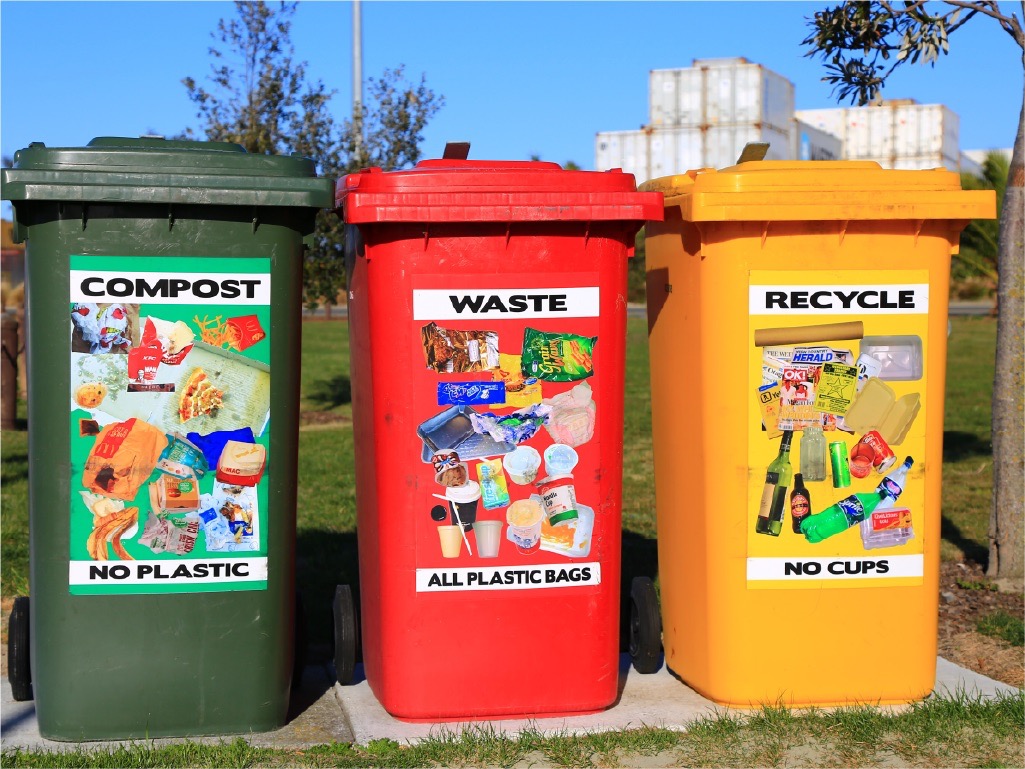How to recycle and what to recycle

Let’s talk about what’s recyclable and what isn’t. The recycling rate in Nigeria has increased. While this is encouraging, there is still a long way to go. This resource should help you get started recycling at work, home, and school.
Recycling can help minimize the amount of solid waste disposed of in landfills, which are becoming increasingly costly. Recycling also minimizes contamination of the air, water, and land caused by trash disposal.
How to recycle
The most significant barrier to recycling is a lack of awareness about the process. That includes understanding where to recycle and what to recycle. Each recycling company has its own procedures. Make sure you check in with them.
What to recycle
Only a few materials cannot be recycled. Paper, batteries, plastics, and glass are the most common recyclables.
Paper: Keep magazines, cardboard cartons, and mail away from the trash. Don’t shred your paper unless it contains vital information.
Metals: Tomato cans, soda cans, and even aluminium foil can be recycled! Before tossing it in the recycle bin, rinse off any food particles.
Batteries: Did you know that you can recycle automobile batteries and finger-sized batteries? They are not the only types of batteries that can be recycled. Determine the type of battery you have and check in with your recycling company.
Plastics: Not all plastic is created equal. Plastics are classified into 7 categories according to Resin Identification Codes (RIC). Wash your plastics after each use so they can be recycled into new material.

Glass: Glass can be recycled indefinitely without losing quality or purity. Also, Ceramics ≠ glass, don’t put ceramics with glass. They contaminate the glass furnace. Your jam jars, salad dressing containers, and drink bottles can all be cleaned and recycled.